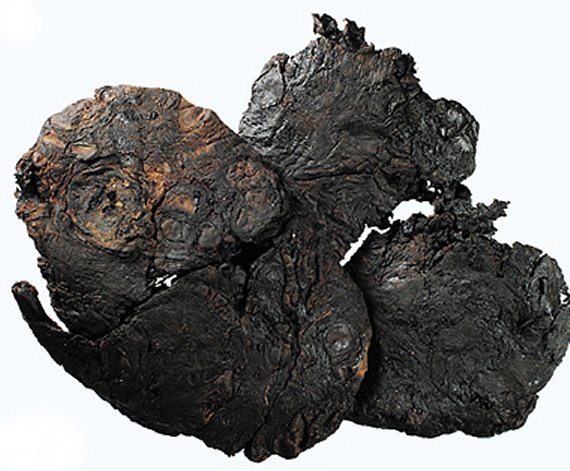Sheng di Huang

  | Sheng di Huang in TCM:Explore the properties of Sheng di Huang according to Chinese
Nutrition and Traditional Chinese Medicine (TCM):
Factoids:
English Name: rehmannia, dried rehmannia rhizome, dried adhesive rehmannia rhizome
Pharmacuetical Name: Radix Rehmanniae
Properties: sweet, bitter, cold
Temperature: cold
Channels: HT, KD, LV
Flavors: sweet, bitter
Tonifies: yin
Special Properties:
circulates blood, clears heat, stops bleeding, resolves dryness
Alternate Forms:
- Xian Di Huang (fresh, not dried)
- more bitter than sweet, very cold compared to sheng di; xian di is
also stronger to clear heat, cool blood, and generate fluid, weaker
to nourish yin, and less stagnating: 20-60g, or grind for juice)
- (aka: Gan di Huang, di Huang, Gan Sheng)
Actions / Indications:
- Cools blood, Clears Heat, Stops bleeding (heat invading
ying and blood with fever, dry mouth; delerium; thirst; scarlet tongue,
hemorrhage due to hot blood, hematemesis)
- Generates Fluid; Nourishes Yin (xiao ke, for yin
deficiency w/ heat, injury to fluids; dry mouth, continuous low-grade
fever; night sweating, constipation, throat pain from yin deficiency;
steaming bone disorder)
- Clears Heart Fire (mouth and tongue sores, irritability,
insomnia)
- (cc: SP deficiency with dampness)
- (cc: yang deficiency)
Special Notes:
- Compare Shu di Huang, Sheng di Huang,
and Xian Di Huang (above). Xian di Huang is weaker to nourish
yin, but stronger to clear heat and cool blood. Sheng di Huang, the
dry unprocessed root, is most effective to treat heat in the blood injuring
body fluids. Shu di Huang, the processed root, has the strongest tonifying
action of the three, and is best to alleviate jing (essence), blood,
and yin deficiency.
Disclaimer: In accordance with our terms of service, by using this web site you agree that none of the information found on this web site constitutes medical advice. You should always consult your doctor before trying any particular food or herbal remedy to treat disease.
Folk remedies presented on this site are designed to address specifc TCM diagnoses, and are not one-size-fits-all. If you would like to learn more about Traditional Chinese Medicine (TCM) and how it relates to Chinese Nutrition, you can book in a free call with a licensed professional. There is no obligation to purchase.
[CLICK HERE for your free INITIAL CONSULTATION] |

